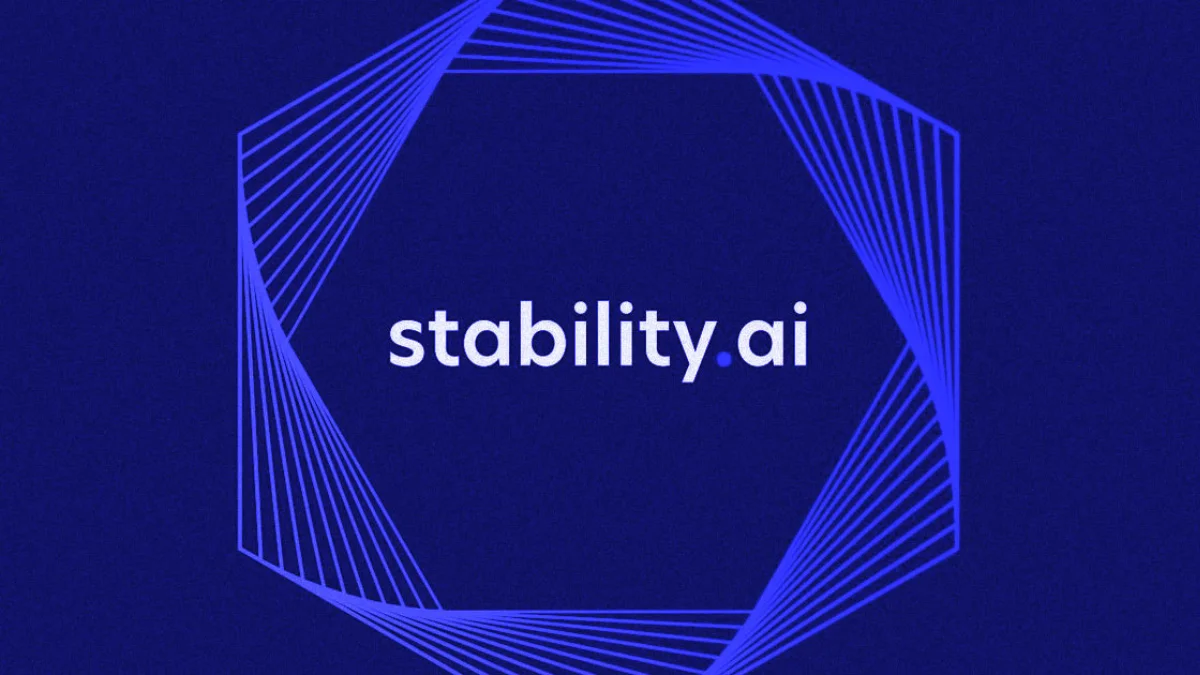Necessary Always Active
Necessary cookies are required to enable the basic features of this site, such as providing secure log-in or adjusting your consent preferences. These cookies do not store any personally identifiable data.
|
||||||
|
||||||
|
||||||
|

In Focus
The UK High Court’s recent ruling in favor of Stability AI in the Getty Images copyright lawsuit was “largely not a surprise,” said tech lawyer Matthew Holman, according to UKTech.News.
The London-based generative AI company secured a victory affirming the legality of using copyrighted material in its model training process on 4 November, 2025.
The lawsuit, filed in early 2023, accused Stability AI of using millions of Getty-owned images without authorization to train its generative AI model, Stable Diffusion. However, the court found insufficient grounds to proceed with the copyright and trademark claims within the UK, citing jurisdictional limitations.
“The decision was largely not a surprise,” stated Matthew Holman, tech lawyer at Cripps, speaking to UKTech.News. “The government has already signaled an intention to allow AI developers to train on proprietary data unless rights-holders opt out.”
This ruling provides an early signal of how UK courts may interpret copyright challenges in the rapidly evolving field of AI model training.
While the verdict is seen as a procedural win for Stability AI, legal experts caution that the case highlights the complexity of enforcing intellectual property law across global AI development pipelines. The decision underscores jurisdictional nuances that may shape future AI litigation strategies.
“This is just the beginning of the complex picture in the battle between AI model developers and copyright holders,” Holman added.
“Although the primary claim was dropped because Getty couldn’t prove development happened in the UK, the decision still has negative implications for rights-holders,” the former executive said in comments to UKTech.News.
The outcome of the Stability AI generative AI copyright case may influence parallel proceedings worldwide, where courts are examining how AI systems source, process, and repurpose human-created materials. Recently, Perplexity and Getty Images have signed a multi-year licensing deal that allows the AI firm to display images belonging to the image distribution firm on its AI-powered search tools.
The case also highlights the need for collaborative policy-making that balances innovation with ethical responsibility. While Stability AI’s lawsuit win offers short-term clarity for developers, it reinforces the long-term necessity of harmonized global standards in AI copyright management.
The Stability AI win of the trademark claim and the UK ruling represent a defining moment in Europe’s approach to AI governance. Although Getty’s defeat may not immediately rewrite the legal landscape, it provides a valuable reference for corporate compliance teams navigating AI ethics, data usage, and content licensing frameworks.
Going forward, businesses integrating generative AI tools must adopt robust due diligence protocols to mitigate intellectual property exposure and anticipate evolving international regulations.